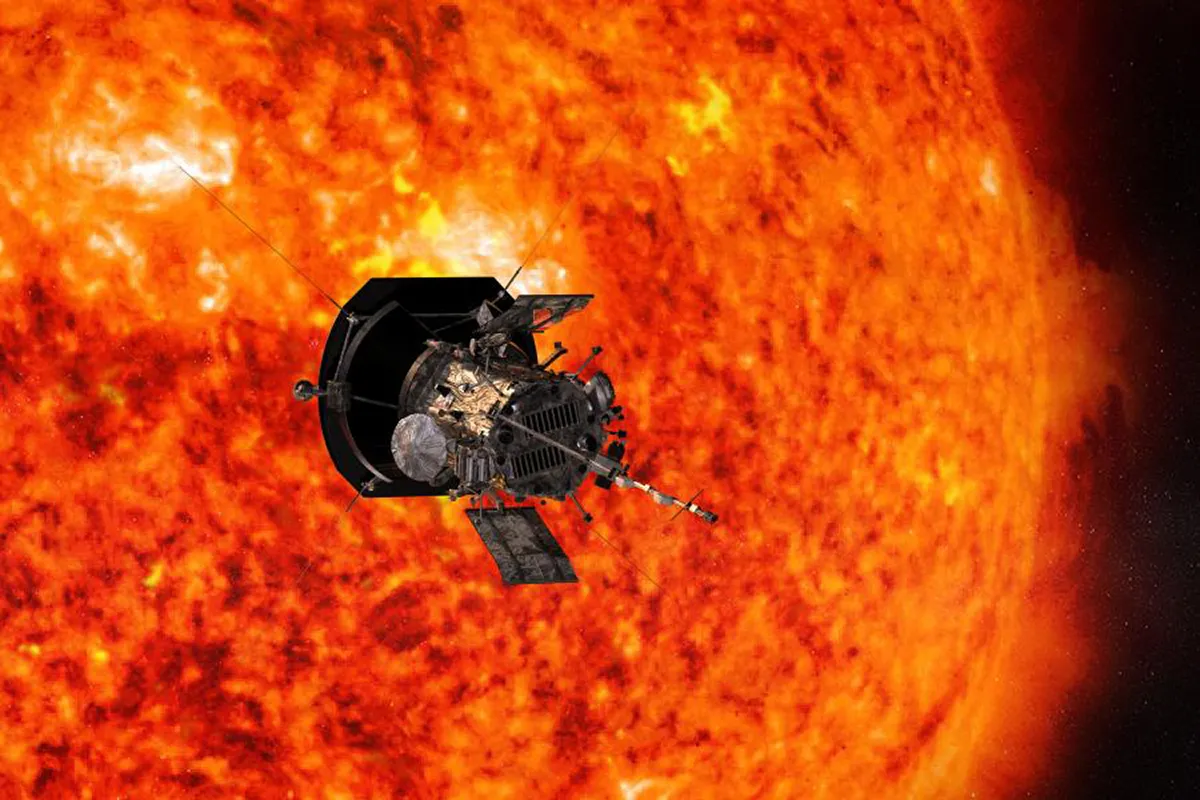What's the fastest human made object ever built, and just how fast can current technology go?
Unlike some sections of Germany’s Autobahn network, space has a speed limit – the speed of light.
Actually it’s a bit lower than that, because the term 'the speed of light' usual carries a silent 'in a vacuum' at the end.
Nature is much better! Discover the 5 fastest things in the Universe

And space, although very, very empty compared to, say, a Tokyo underground station or London's Oxford Street the week before Christmas – isn’t QUITE a vacuum.
For practical purposes, though, we can say the maximum speed that’s theoretically possible in our Universe is the speed of light – around 1.08 billion kilometres per hour.
And sad to say, no machine humanity has ever built has even come close to achieving such speeds.
Fastest objects ever built
Trains, planes, automobiles

Japan’s Shinkansen bullet trains run at an impressive 320km/h (200mph).
The top speed of a Formula 1 car is about 370km/h (230mph)
A 747 jumbo jet has a top speed of around 1,060km/h (660mph).
Concorde, when it was around, had a top speed of 2,179km/h (1,354mph), while a MiG-25 jet fighter can hit 3,525km/h (2,190mph).
Saturn V

Saturn V rockets blasted the Apollo missions into space at a much pacier 9,920km/h (6,164mph).
But once you go into space – away from the pull of Earth’s gravity, and in a frictionless atmosphere – even those numbers pale into insignificance.
Space Shuttle
Space Shuttles routinely zipped about at speeds of 28,163km/h (17,500mph).
Voyager 1 is currently hurtling away from the Solar System at a positively nippy 62,136km/h (38,610mph).
And the winner is...

The current space speed record holder for fastest human-made object is NASA’s uncrewed Parker Solar Probe.
On 21 September 2023 – assisted by several fly-bys of Venus that allowed it to slingshot off the planet’s gravity – Parker Solar Probe clocked up a speed of 635,266km/h (394,736mph).
Now that’s FAST!
